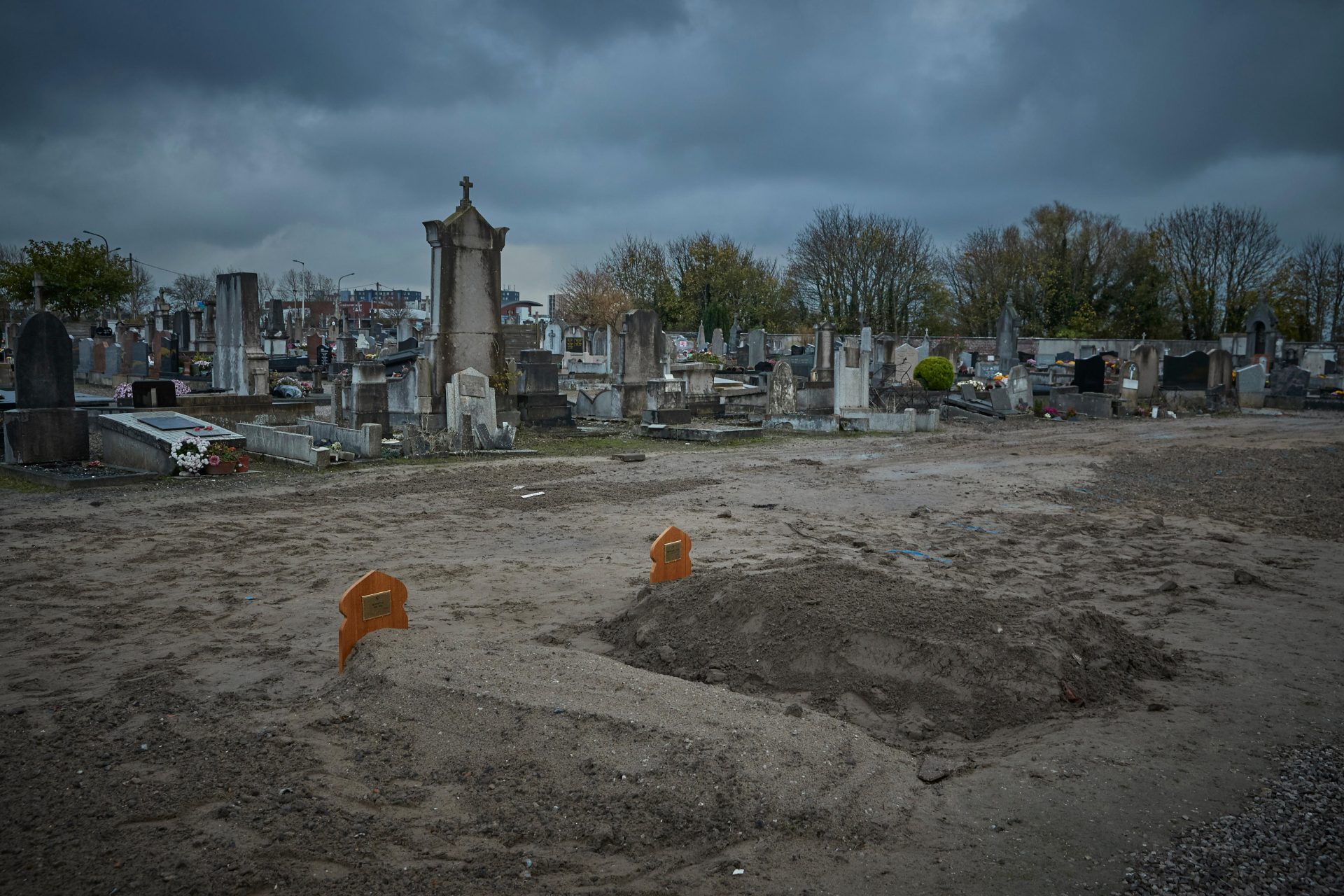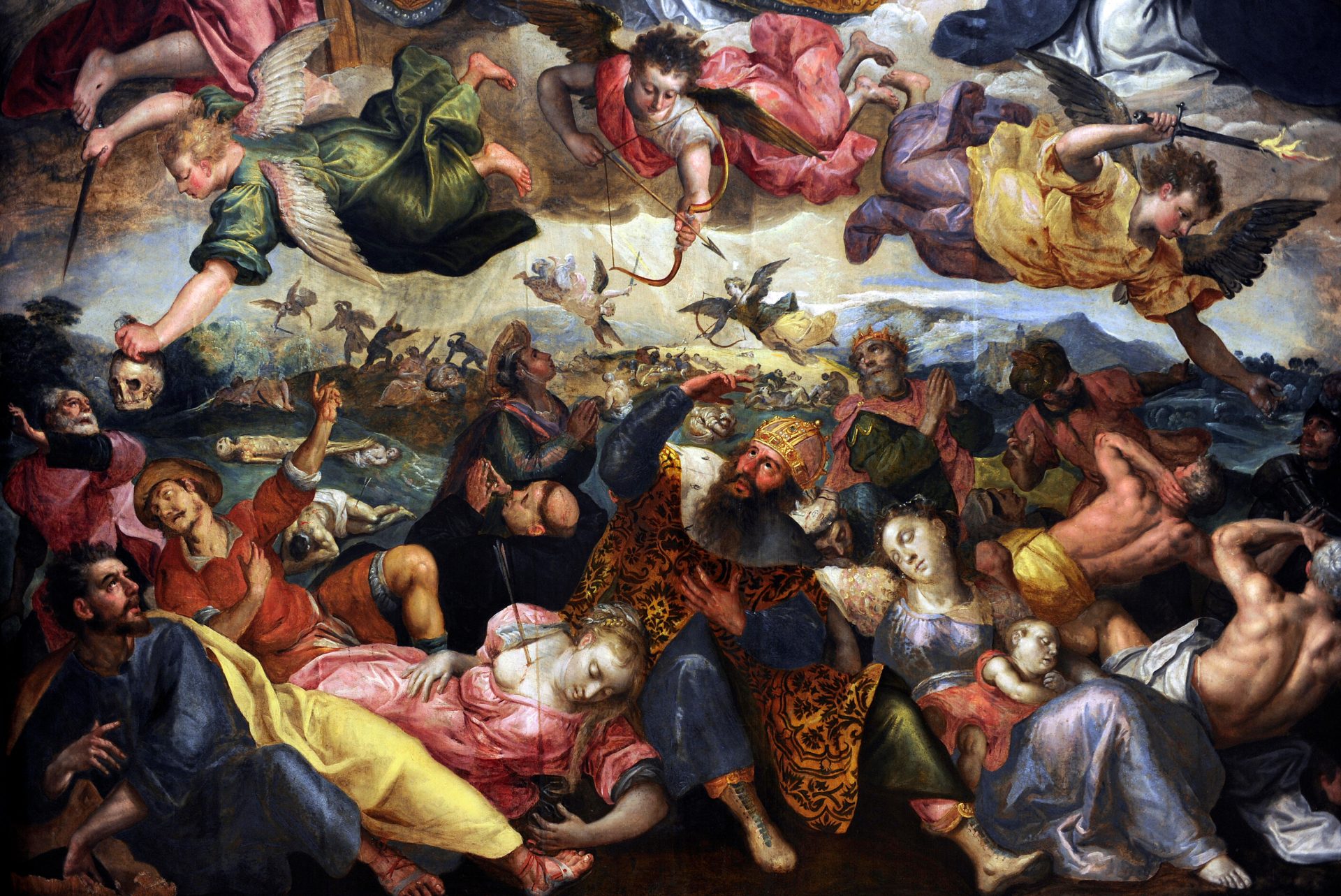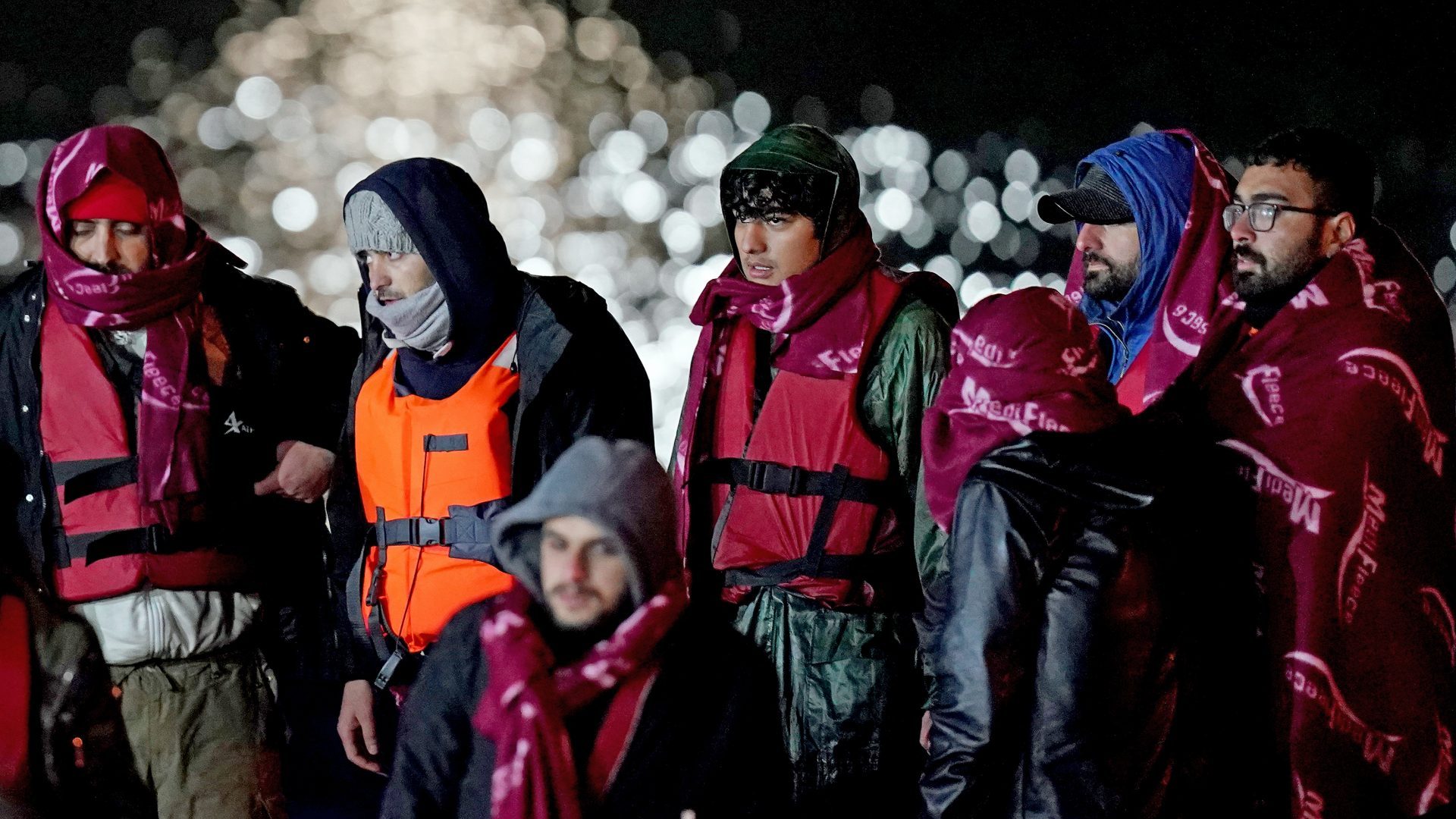To understand the Calais crisis, try turning it on its head.
Imagine that a grotesquely flimsy boat had set out not from Dunkirk but from Dungeness, crowded with desperate people heading away from England towards France. The boat sank and 27 people drowned. What would the British media say then?
Imagine that the French government, after a brief flurry of pro-forma grief, had seized on the loss of 27 lives to revive a frequently rejected demand for French gendarmerie boots to be placed on British beaches.
In this parallel world, thousands of Algerians and Senegalese have been entering Britain illegally for years. They have no interest in staying in the UK. They want to go to France where they speak the language and have relatives or contacts. The UK government has signed a treaty with Paris which makes Kent the northern French frontier – so that the migrants/refugees can never reach French soil and claim asylum.
Some get through. Many do not. The would-be asylum seekers pile up in squalid camps in, or near, Dover and Folkestone. The local people are not happy. Nigel Farage is not happy. With all other routes blocked by the British on France’s behalf, the migrants take to the sea, risking their lives in ever more fragile boats. The inevitable disaster happens. What would the UK media say then?
“This is our fault. We failed to stop these people from risking their lives,” or: “This is not our problem. We’ve protected France for too long. Let these people go.”
In the real world, in the world after last Wednesday’s calamity, the second call – “let the migrants cross” – has risen in France from a drumbeat to a roar.
Almost every candidate in the French presidential race, and many reasonable, cautious French journalists are now saying: “We have been carrying the burden of this British problem for years. We have enabled Britain for too long to evade its responsibility under international law. Now Britain is accusing and insulting us. Enough.”
Emmanuel Macron’s government – like every French government since the problem began in the early 1990s – takes a different view. For now. They do so, partly because they are bound by the 2003 Le Touquet treaty, and subsequent amendments, to defend the British border.
But there is more to it than that. Any French politician who has studied the problem in depth knows that the easy solution – “lift the barriers” – is not an easy solution.
If France opened the border, even more migrants might be drawn to Calais. They would still not cross readily because they would be blocked by ferry companies, who would face huge UK fines if they allowed them to cross, even as stowaways. The refugees might pile up in even greater numbers. Some would still take to the sea in little more than beach toys (because the French have made all other small boats inaccessible).
But France’s willingness to extend indefinitely the present bizarre, inhumane and perilous situation can no longer be guaranteed. The more that Boris Johnson plays to the France-bashing media gallery – as he did by tweeting a crass letter to Macron before the French president could read it – the more likely it is that Paris will do something drastic.
Nothing can happen immediately. France has to give two years notice of its intention to scrap the Le Touquet accord. Paris might conclude that the shock of such a notice-to-quit might force Britain to offer a safe, legal route for some of the “Calais migrants/asylum seekers” to cross the Channel.
In the present near-hysterical anti-refugee mood in the Conservative Party and the UK popular media, that is unthinkable.
I have been covering the Channel migrant “crisis” since 1997 (when it was already six years old). The same problems with the same non-solutions have existed since the beginning – starting with Bosnians and going through the desperate or enterprising human flotsam from every war or crisis in the AfroEurasian landmass ever since.
Now the Channel migrant crisis is worse than ever, worse because the migrants have become boat people. They are risking their lives to cross 30km of treacherous sea in dinghies and inflatable canoes.
The only surprise is that this sea invasion began only three years ago. That is happening because the French and the British – but mostly the French – have successfully gummed up the alternative routes. What used to happen invisibly, and what happens invisibly every day across French and all EU land borders, has now become visible to British TV cameras.
Parts of the British media suffer from collective amnesia. Despite the blocking of other routes, they accuse the French of letting the migrants cross – even of encouraging asylum-seekers to try their luck in Britain, not France.
In 2020, France dealt with 80,000 asylum applications and the EU as a whole 416,000. The UK handled 29,000. Most of the people who illegally cross land borders into France are from French-speaking countries or have connections in France. They want to stay in France.
A minority – the Calais migrants – come to France to try to reach the UK. They refuse to seek asylum in France because they know that will destroy their chances of being accepted in Britain. Why are they so determined to go to Britain? Because a) they speak a little English; or b) they have connections in the UK; or c) they have been persuaded that the UK, without ID cards, is an El Dorado for migrants.
France says that it stops two in three attempted small-boat crossings. It is impossible to verify that claim. No doubt there are some French police who are less than zealous or decide not to challenge large crowds of boat people. It is also true that the Pas de Calais coastline is impossible to seal off without huge resources.
The UK government promised to pay 62m euros in extra money for such resources in July. It has only handed over one-third of that. As things stand, Britain pays only 20% of the estimated 120m euros annual cost to France of policing the Calais migrants.
Another fact conveniently obscured by the government and much of the UK media is that Brexit has made the problem worse. Pre-Brexit, under EU rules, Britain could, in theory, return migrants who had passed through other EU countries. Now it cannot. Only five of the more than 24,000 arrivals this year have been “sent back”.
Calais is a never-ending tragedy. Everyone is partly right. Everyone is partly wrong. Everything has been tried. Nothing works for long.
The migrants have good reason to risk their lives. Britain could and should accept more but cannot accept all. The French could perhaps try a little harder but not much.
The only ones wholly in the wrong are the people smugglers (whom the French insist are largely based in the UK, not in France).
And yet British ministers and the British media accuse “the French” of fomenting a crisis that France has been struggling to contain, on Britain’s behalf, for years. Patience in France is running out.
Without some new approach to reduce the level of desperation among the asylum-seekers in Calais, other calamities are inevitable.
France wants Britain to set up a structure in the Pas de Calais where refugees determined to go to Britain can begin official asylum procedures – and wait in France. What are the chances of Johnson and Priti Patel accepting such a reasonable idea? None whatsoever.
A former Foreign Reporter of the Year, John Lichfield has covered French-UK relations from Paris since 1997.



